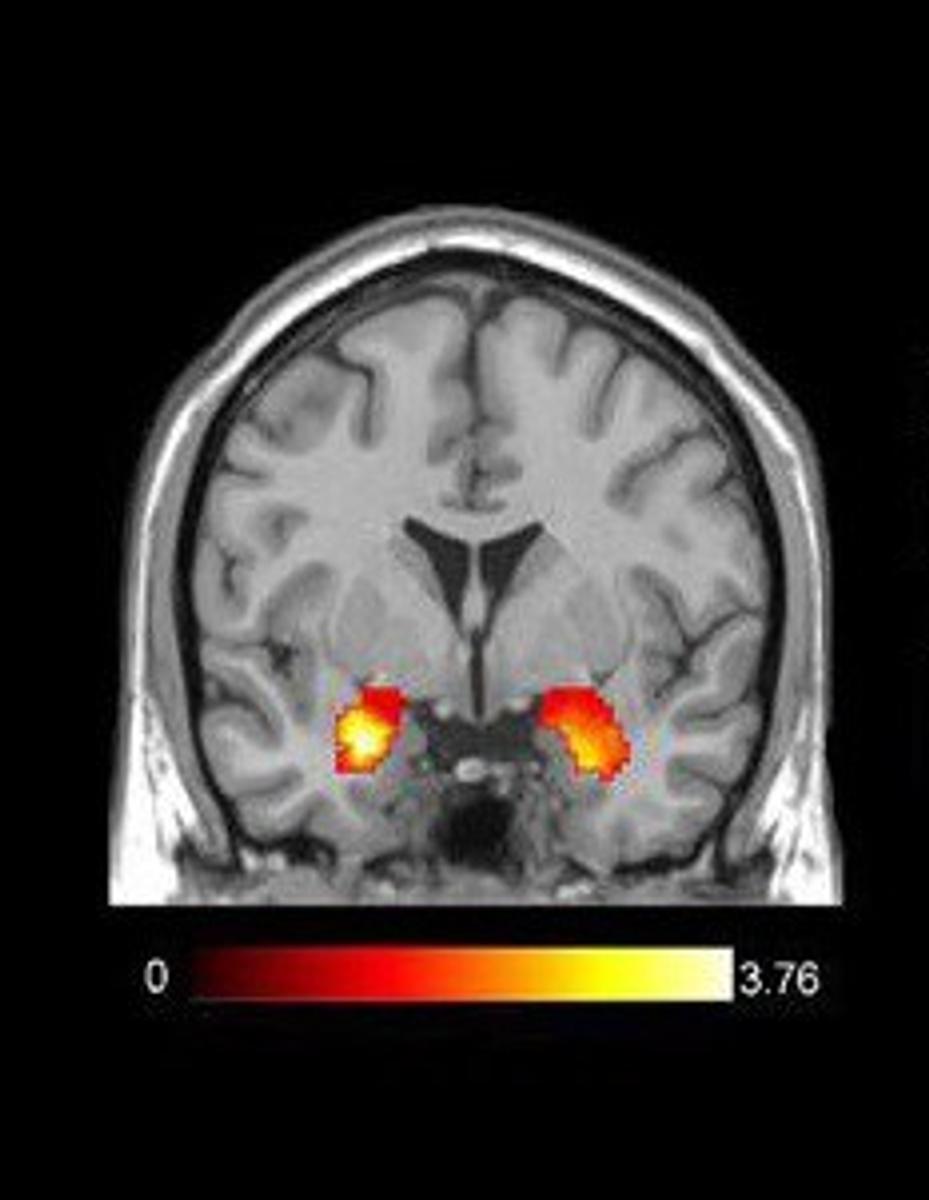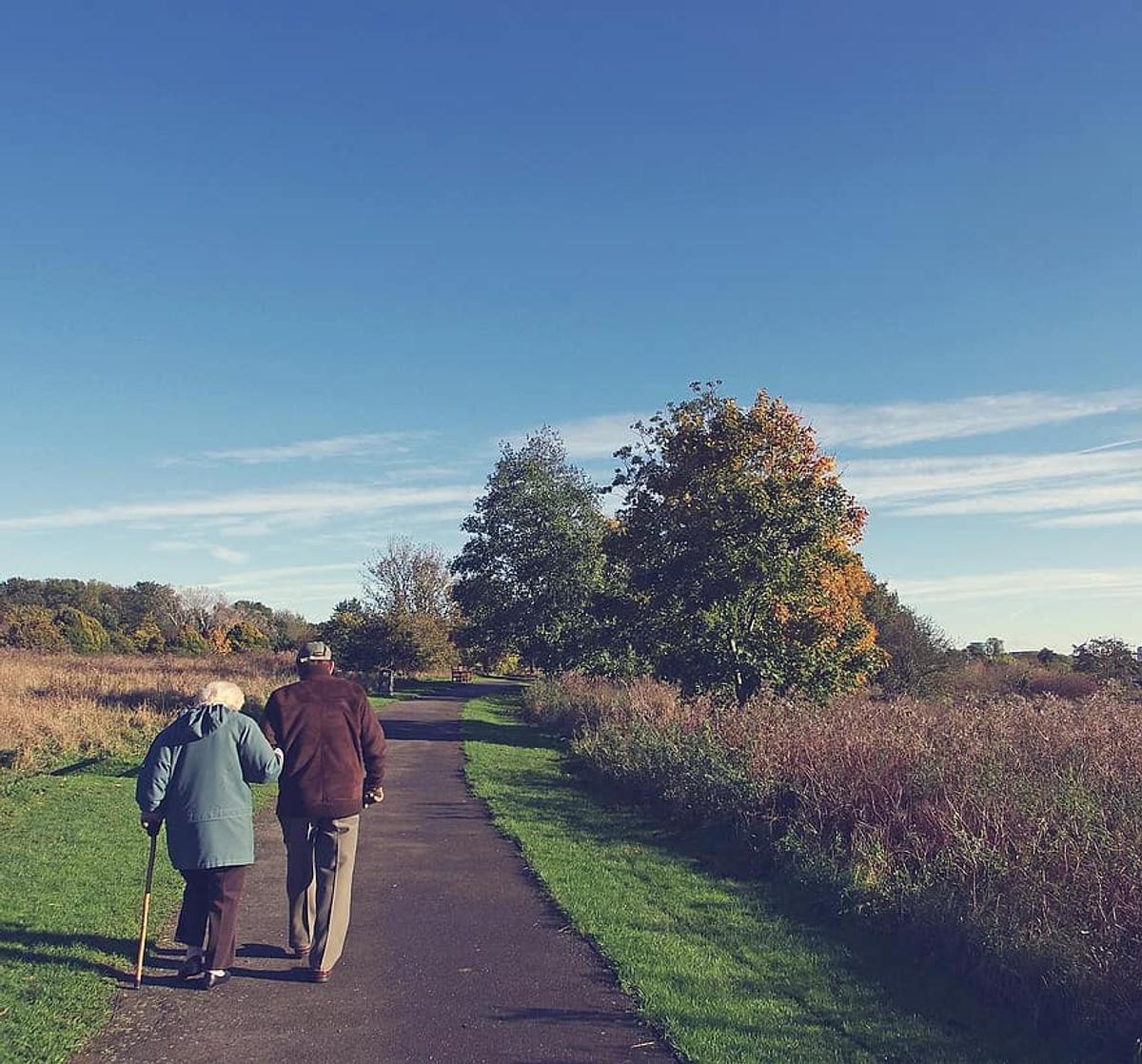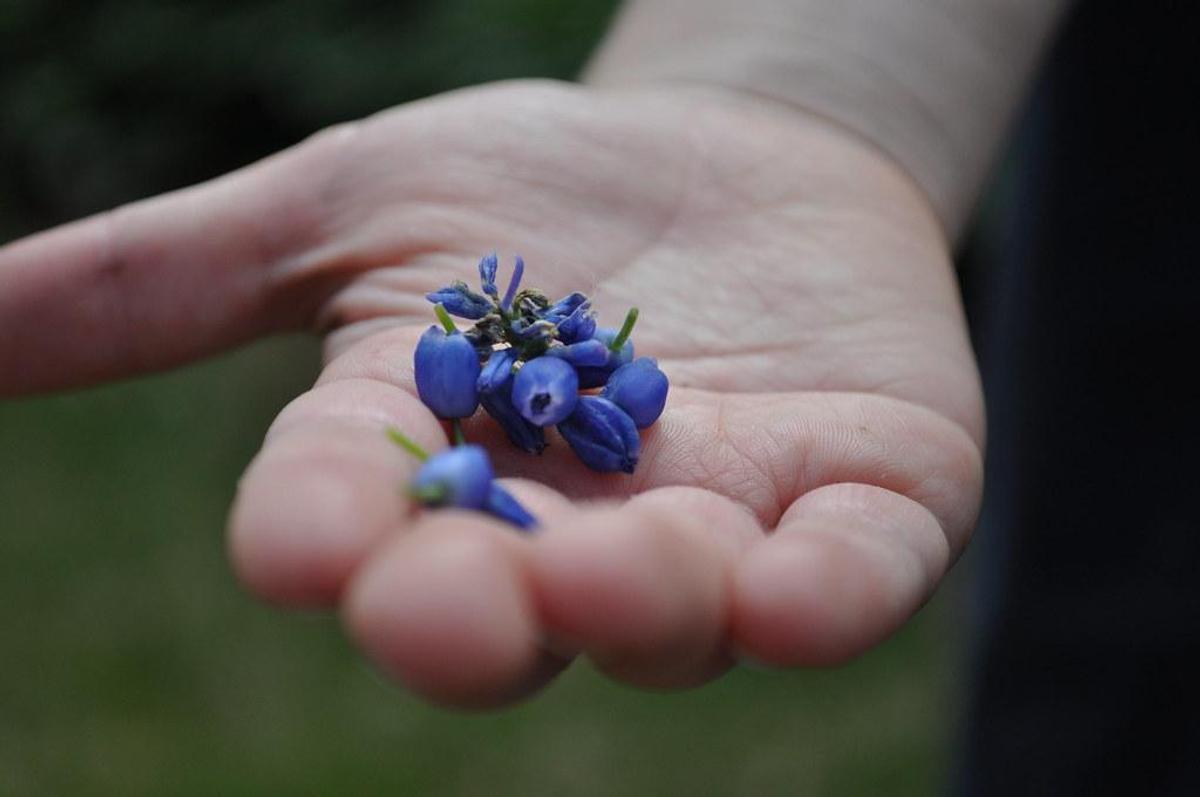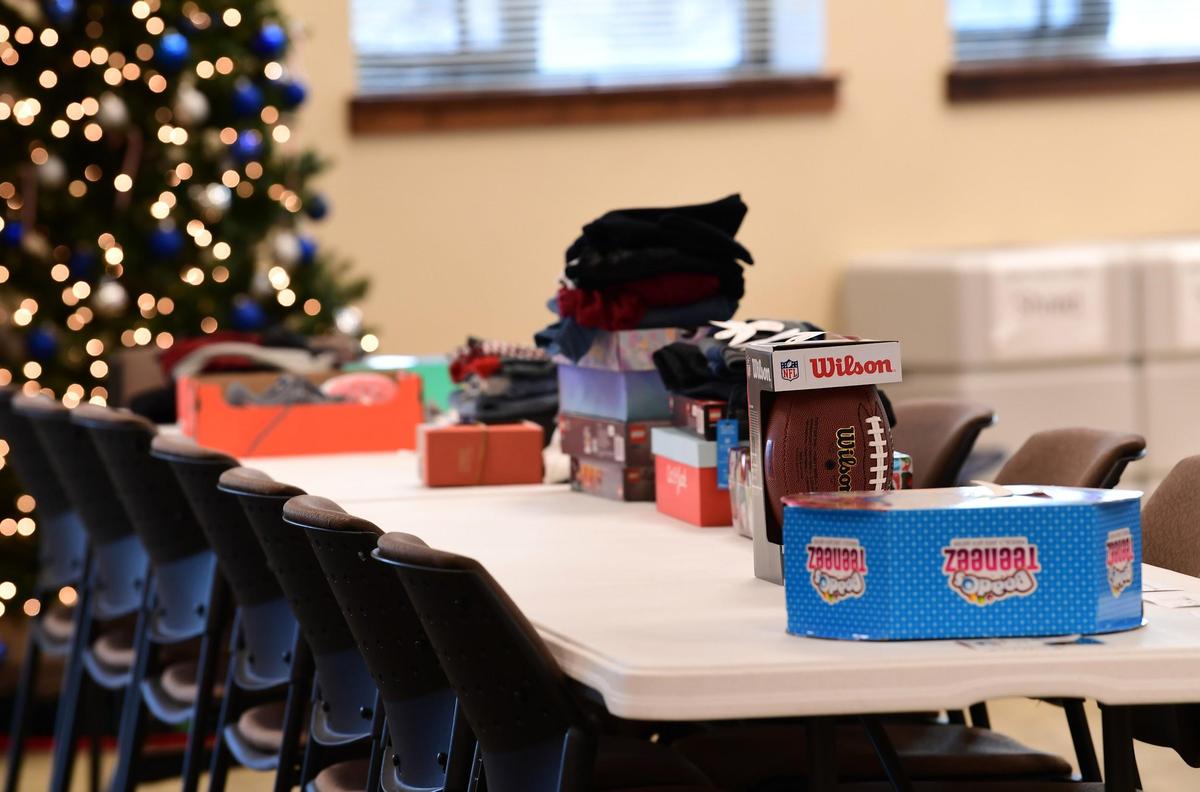WELLBEING

The Wellbeing Hub
From The Counsellor’s Desk
Generosity
As the year nears its end and we begin to look toward Christmas I naturally begin to think about generosity. When I was young I thought it quite strange that to celebrate the birth of Jesus, we give each other presents. It is Jesus’ birthday so shouldn’t he be the one to get presents? The answer is of course that Jesus is God’s gift to the world.
For God so loved the world that he gave his one and only son that whoever believes in him shall not perish but have eternal life. John 3:16
The free gift of salvation through faith in Jesus should well up in us a thankfulness and gratitude that should overflow in generosity toward others. The gift of Jesus means that we are now free to love without needing anything in return. While this should be the case all year round, Christmas is a great time to remember God’s grace anew and let our gratitude overflow in generosity toward others.
The Benefits of Giving
While we all know the saying to be true “It is more blessed to give than to receive”, science is now finally coming to the same conclusion. Lots of studies over the past few years have shown that generosity not only benefits society and the recipients of the generosity but has a number of benefits for the giver as well.
Lower Anxiety
An interesting study showed that generosity had the effect of lowering the levels of the stress hormone cortisol. The study examined levels of cortisol in response to giving money away, and choosing to keep more money for yourself. The findings indicated that the more money people chose to keep in the experiment, the greater shame they felt and the higher their cortisol levels were.
Another study using Functional Magnetic Resonance Imaging (FMRI) to investigate activity in the brain, looked at the difference between untargeted generosity (giving to a charity where you don’t necessity see the direct result of giving) and targeted generosity (directed at an individual or group know to the person). The study showed that both general untargeted generosity and targeted generosity activated areas linked to altruism; parents caring for their young and the brain’s reward system. In addition to this, targeted generosity showed decreased activity in the amygdala. This is an interesting result, as one of the hallmarks of anxiety disorders is increased activity in the amygdala. Further research is needed but it may be that generosity is helpful in counteracting anxiety issues.
Happier
Generous people are often happier. More and more studies are demonstrating the power of altruism to improve mood. One study looking at altruism in the workplace showed that being altruistic not only improves well-being at work but also makes people feel more committed to their work and less likely to quit. FMRI studies show increased levels of activity in the ventral striatum when people make generous decisions. The ventral striatum is a key area in the brain’s reward system and is directly correlated with reported levels of happiness.
Longer Life
Generous people may live longer. Some studies have shown a link between giving and a lower risk of early death. The study showed that helping others - even in little ways like watching children or giving people a lift - is linked to a reduced mortality risk. Their conclusion was that this was achieved by lowering anxiety and stress levels primarily.
Stronger Marriage
Generous people are likely to have a stronger marriage. Generosity is one of the key factors for a happy marriage, according to a report from the National Marriage Project. People are happier in their marriages when they make a regular effort to serve their spouse in small ways -- from making them a cup of coffee, to giving them a back rub after a long day, to going out of their way to be affectionate or forgiving.
Better Mental Health
Generosity and in particular volunteering has been found to increase mental health and decrease depression. These results are attributed to a number of factors; the increased social connection of volunteers, the external focus of concern, increased activity in the reward centres of the brain and the meaning and purpose that service of others offers.
Of course the benefits of generosity are not the reason to be generous. The best reason to be generous is that people need help. We have been given so much, not just in material wealth but as mentioned previously, God has been outrageously generous with us in Jesus. Out of thankfulness and with great joy then we should overflow with generosity to those around us. Give not expecting anything in return and care for all as we have opportunity.
An Opportunity
The Anglicare Food and Toy Drive appeal starts next week and it is a great opportunity to support those who are less fortunate in our community. Anglicare is a great charity that the school has been supporting for 15 years and in the past our generosity has helped to provide enough food to last for a good percentage of the year. So as you have the ability this week please think about what non-perishable food and toys you could donate to this year's Anglicare appeal. Students can bring in donations to Homeroom each day, until the end of term. The contributions will help families in Wagga that are in need and will bring some Christmas joy this holiday season.
Michael Lance | College Counsellor
Around the Houses
Fox House
Hi! We are Clayton and Tahlia and we are the Fox House Captains for 2022.
We are both enthusiastic, positive, and supportive people who love getting others involved. We both share an interest in bringing the College community and the Fox House together to create a fun and supportive environment for everyone. Our goals are to give everyone the confidence to showcase their strengths, on the sporting field, in the classroom or out in the community. We encourage students to do what they do best, while representing our House with pride and passion.
This term has looked a little different for the College, as we are back on campus with face to face learning after a long stint in lockdown. Being back at school meant new Covid restrictions, meaning the college had to improvise in order to continue on with Mentor Groups. These changes resulted in the isolation of year groups in order to provide a safe area for staff and students.
To start off the term in our new Mentor Groups, we have been reconnecting with each other as a year group after being in different homerooms for the first three terms. In Mr Glanvill’s Year 11 Mentor Group, we have spent our time building our relationship as a year group. This has meant playing cards and telling riddles. Whilst reconnecting with each other, Fox House, along with the rest of the school, prepared to say farewell to the graduating Year 12 students. The Fox homerooms collaborated ideas both individually in homerooms and as a house to make special bags and customised cards for them to remember us by. Fox House gathered together outside to make a massive (Covid Safe) guard of honour for the Year 12s with yellow balloons to wish them our best of luck.
We look forward to continuing through this tough time and would like to thank the staff and in particular Mrs Passlow for welcoming us into our new roles and giving us guidance moving forward.
Elizabeth Passlow | Head of House - Fox










